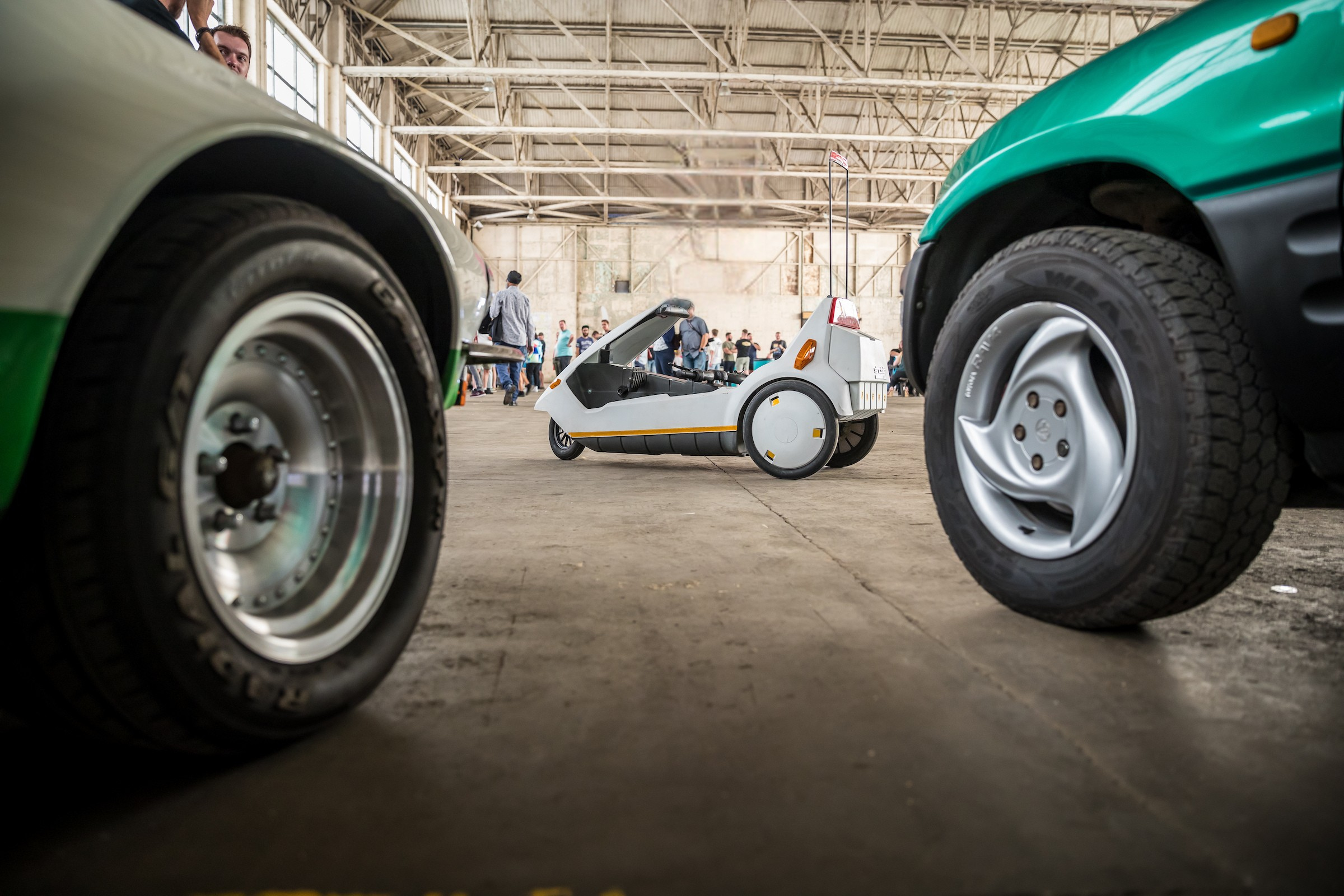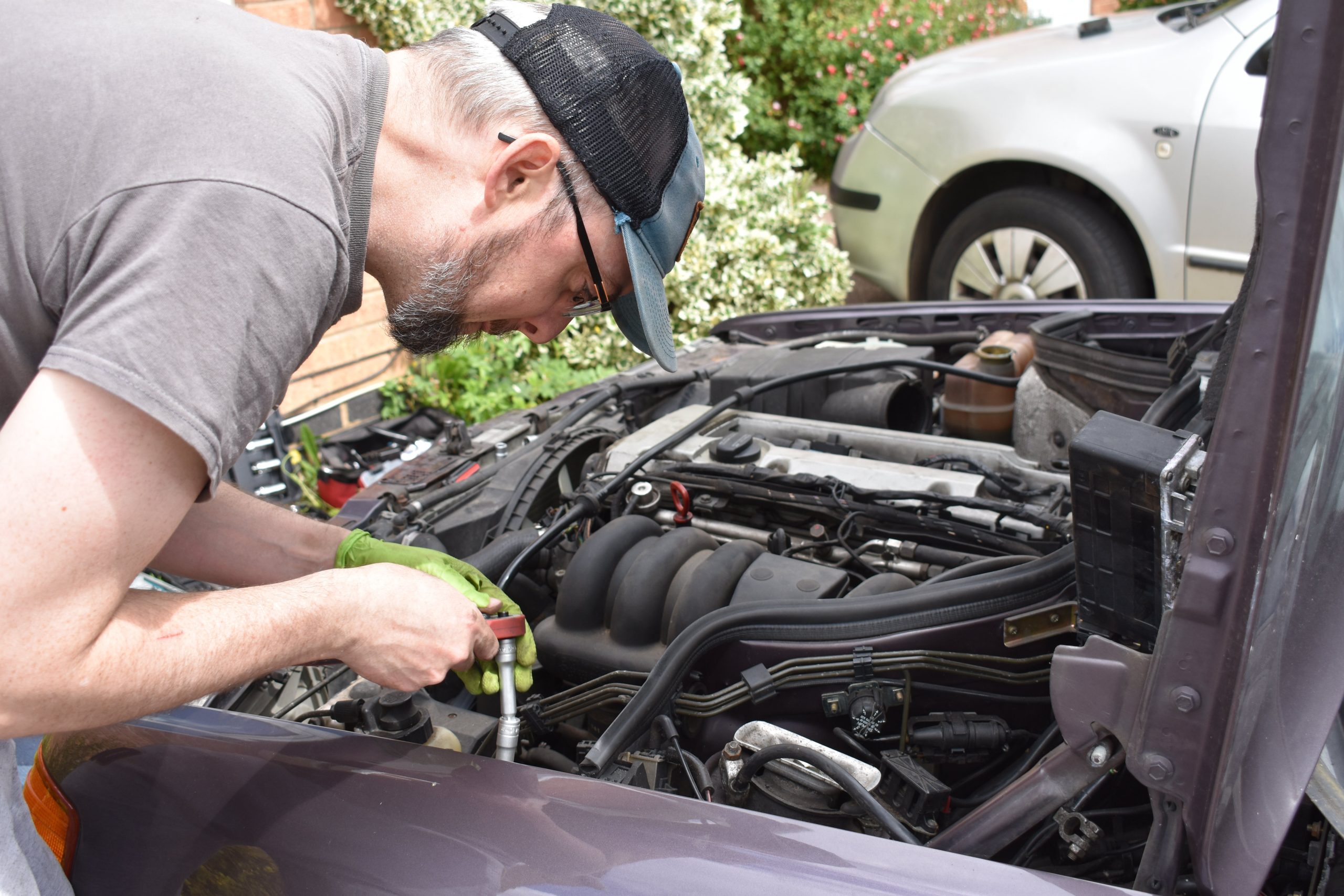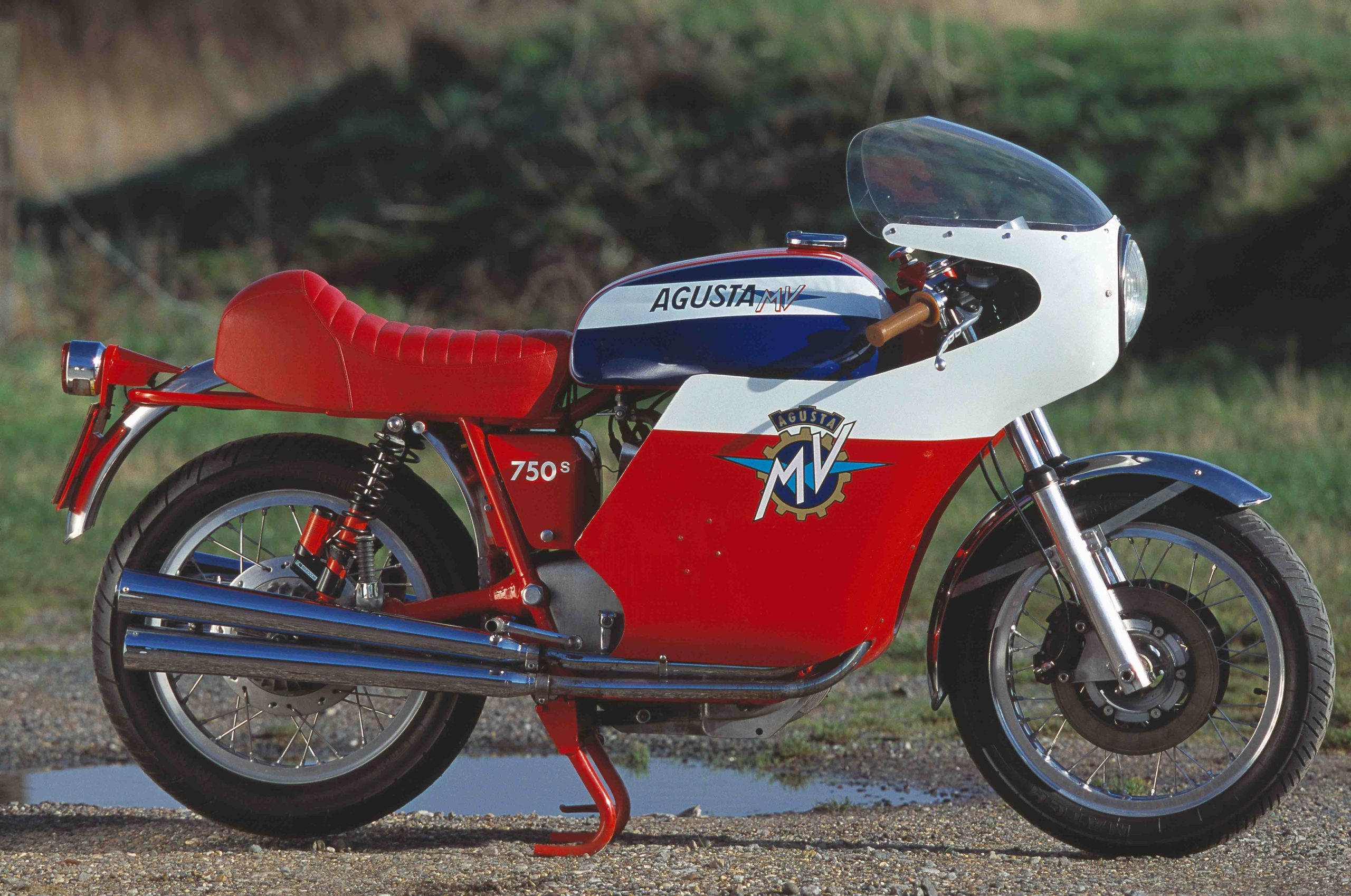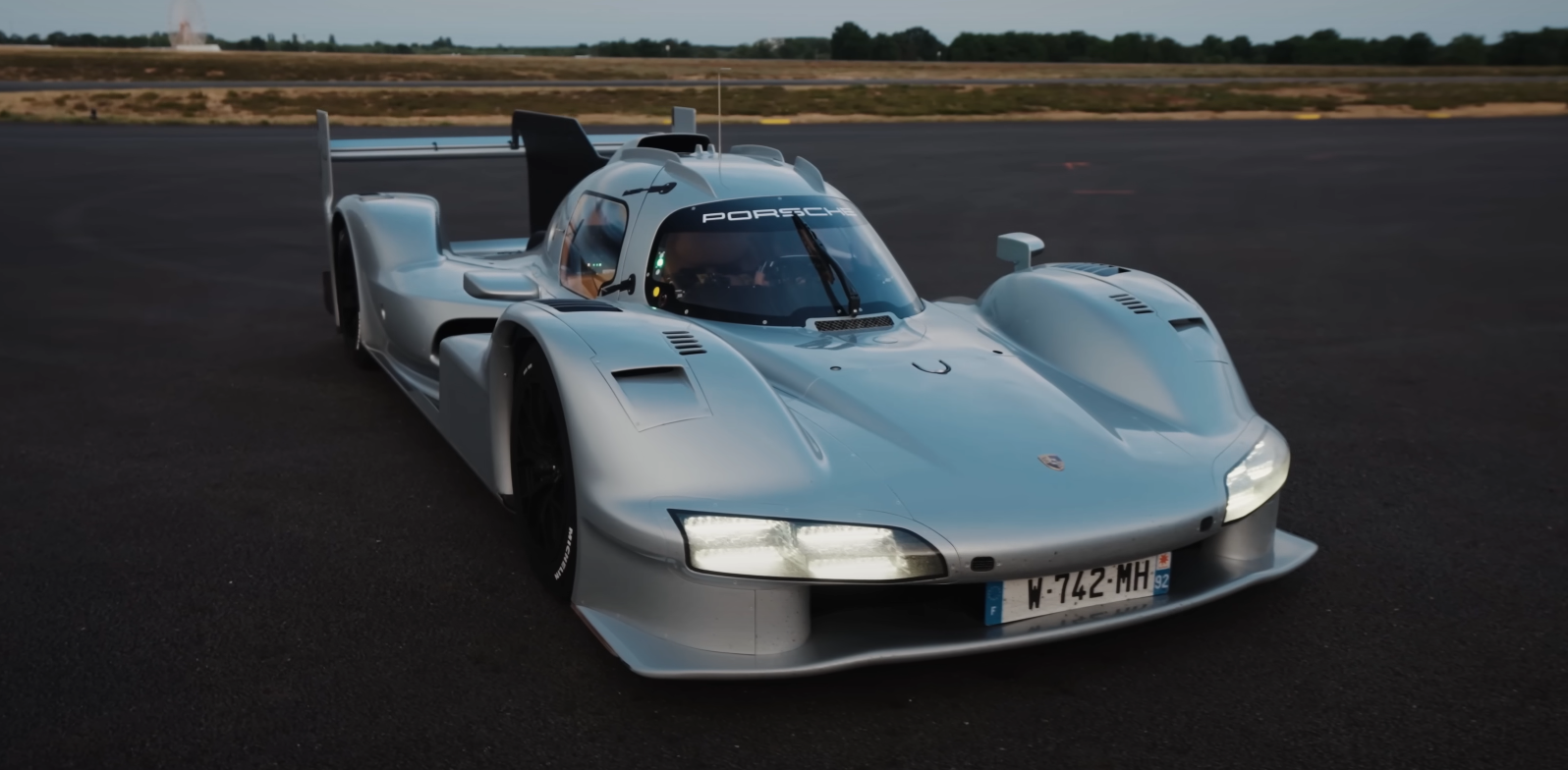I went to the Society of Motor Manufacturers and Traders (SMMT) Test Day at Millbrook Proving Ground the other month. It’s a bit of a boys’ outing for those of us who write about cars for a living, and involves us playing with lots of modern cars in a controlled environment off the public highway. I drove some special cars there – the new MX-5, the Alfa 4C, the current 911 – and some rather mediocre products that have impressed by dint of their competence. Dacia Sandero, I’m looking at you.
But this is neither a piece about how great modern cars are, nor about how they should all be tipped into the sea. This is about the emotional, tactile bond you form with a car, and how the gradual loss of one component is risking that very close relationship. The ignition key.

Mercedes and Renault, I blame you. Buttons atop the gear selector, credit cards in the dash: you started a trend which has led to strangely-shaped electronic tags and bright red starter buttons, a trend which has effectively reduced the concept of operating a starter motor to that of any other electrical device. Push a button to make it start. Push it again to make it stop. It’s impersonal, clinical, and it reduces personifiable objects like cars to the simple status of consumer goods.
The key is not just a device for pub table one-upmanship, you see, nor for putting in bowls at questionable parties. It’s the first part of the car you touch, the barrier between you and a thousand miles of B-road. For those of us who form bonds with our cars, the ignition key is almost as symbolic as a wedding ring, and I find the dearth in modern cars a concerning trend.
Remember your first car? Remember the thrill of slotting the key into the ignition, turning it, and hearing it roar into life ready for a new adventure? Would that have been quite so exciting with a button? I think not. Buttons might save labour but effort breeds attachment. I worry about the amount of classic car enthusiasts we’ll have forty years hence, when all they know will be buttons. Will the same feelings be there, the same desire to maintain something old? Or will the average car have been discarded as financially unviable and recycled long before it can be remembered fondly?
That’s the other problem with start buttons, or electronically coded plastic parts like the new 911’s 911-shaped ‘key’ with colour coded highlights. A particularly gauche example. Electronics don’t last forever, and they will go wrong. In thirty years, who will have the parts to repair a Renault Laguna II ignition system? And how much will it cost? If you lose a key, the worst case is that you replace the lock barrel. Having a spare key cut for my Triumph Stag would cost me about a tenner – having one for an MG6 would probably be over ten times as much even now, while parts are relatively commonplace. It’s a big deal, and along with the scrappage scheme and emission regulation, overcomplication could rob us of a further generation of classic cars as well as their enthusiasts.
Cars of the 2000s might not bother us now. There are people I know who feel that even 1990s cars should be buried in concrete pits. But they will be the unexceptional era in five years or so, and barely ten years later we’ll see cars of the 2000s coming into their own. These are problems we’re all going to experience over the next couple of decades – and they could make events such as the Festival of the Unexceptional impossible to co-ordinate when there are so few cars left. And unless we can find a way to bring the love back, we won’t find a way to make them viable classic propositions.
We never really paid attention to the ignition key when it was there – it was a part of life, like taxes or the supermarket checkout queue. But that which inspires the greatest fondness is deemed an imperceptible constant until it is lost. So you can keep your cards, your starter buttons, your terribly-named Emotional Control Units. What we want are ignition keys – the keys to our hearts and emotions. Let’s turn them in the barrel and go for a drive.





